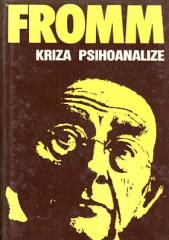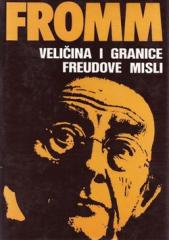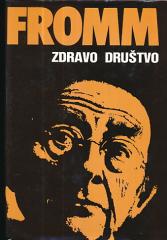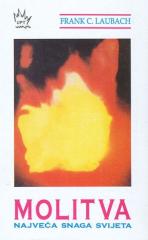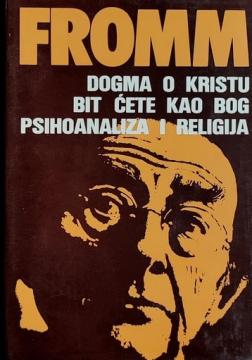
Dogma o Kristu / Bit ćete kao Bog / Psihoanaliza i religija
In these works, Fromm explores religion as a psychological and social phenomenon. He criticizes authoritarian religions and advocates a humanistic approach to faith that encourages freedom, growth, and inner responsibility.
The Dogma of Christ In this work, Fromm analyzes the early Christian text known as The Dogma of Christ, viewing it through a socio-psychological and Marxist prism. He argues that the early Christians were not only a religious movement, but also a social movement of the oppressed. Christ is a symbol of hope, liberation, and equality, while the later development of the Church – through institutionalization and dogmatization – loses the revolutionary spirit of the gospel. Fromm believes that the original message of Jesus was radical and humanistic, but that over time it has been transformed into a means of control, thus suppressing the true power of spiritual freedom.
You Will Be Like God The title of this book refers to a biblical sentence from Genesis. Through this phrase, Fromm develops the thesis that religious thought can be liberating, not repressive. He analyzes Jewish and Christian theology, emphasizing the difference between an authoritarian and a humanist approach to God. In a humanist religion, God is not an external authority, but a symbol of the highest human potential. Human maturity lies in self-development, moral autonomy and responsibility, not in blind obedience. The goal of the spiritual path is to become a free and complete being – "like God", but without arrogance, but with love and awareness.
Psychoanalysis and Religion Here Fromm analyzes the relationship between religion and psychoanalysis, emphasizing that both can have a constructive and destructive function. He criticizes authoritarian religion as a source of neurosis, because it encourages fear, guilt and submission. However, religion in the humanistic sense can be a source of inspiration, ethical growth and psychological health. Fromm distinguishes "religiosity" as a universal human need for meaning, connection and values from "faith" as an organized doctrine. Psychoanalysis and religion are not opposed if their common goal is a free, conscious and mature person.
No copies available
The last copy was sold recently.
